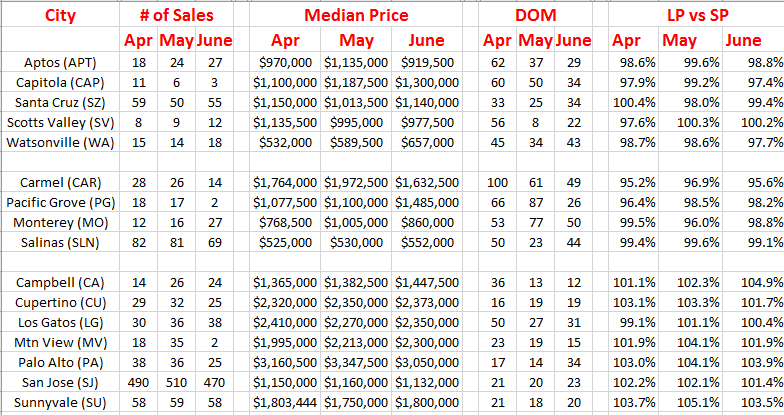JULY 2019
Housing shortage for Years to come?
Two powerful forces are likely to crimp housing supply in the years ahead. The first is the reluctance of many homeowners to trade historically cheap mortgages for pricier ones when they move. And the second is the tendency for more seniors to age in place.
In May 2019, the average tenure of homeowners in the U.S. rose 10% year over year to 11.3 years, according to First American's proprietary Potential Home Sales Model for May 2019. That's more than double the average homeowner tenure before the 2008 crash.
One reason for the increase in tenure is that most homeowners today enjoy mortgages with historically low interest rates. There is limited incentive to sell if it will cost more each month to borrow the same amount of money from the bank.
The growing tendency of seniors to choose to age in place is a second force that is likely to curtail inventory in the years ahead. Improvements in health care and technology have made aging in place easier, which has meant fewer homes on the market. A recent study by Freddie Mac underlined this trend, it found that if seniors and adults born between 1931 and 1959 behaved like previous generations, nearly 1.6 million more housing units would have hit the market by 2018. Increasing consumer buying power, driven partly by rising wages, and rising household formation is fueling housing demand.
According to Lawrence Yun, chief economist for the National Association of Realtors (NAR), "more new homes need to be built," he said. "Otherwise, we risk worsening the housing shortage, and an increasingly number of middle-class families will be unable to achieve homeownership."
Californians don't want to build in wildfire-prone areas
Almost three-quarters of California voters think limits should be imposed on new housing developments in high-risk wildfire areas, according to a new poll. The survey showed that 74% of voters thought building in risky areas, often called the wildland-urban interface, was a bad idea. Twenty-five percent said there should be no restrictions.
The poll comes after a series of destructive wildfires in California destroyed thousands of homes, killed more than 100 people and burned millions of acres across the state.
Selling your home to an 'iBuyer' could cost you thousands. Are you familiar with this?
"iBuyers", the new real-estate companies that buy homes directly from customers, have grabbed media attention, investor dollars and consumer acceptance. Their approach offers a seemingly modern solution to the often laborious and invasive process of selling a home. But that convenience comes at a cost.
A MarketWatch investigation of multiple transactions involving iBuyers shows that their offers would net their customers, on average, 11% less than owners who choose to sell their homes on the open market, when fees and other costs are considered, translating to tens of thousands of dollars lost.
The findings also revealed considerably more uncertainty around the transactions - the scope of inspections, for instance - than the iBuyer model purports to offer consumers who are looking for ease. Repairs and other prep work are also where comparing offers gets hazy. Notably, not only are iBuyer offers generally lower than the ultimate sale prices, but their fees are often higher as well.
It's worth noting that the modern real estate landscape offers consumers all kinds of models for listing homes and closing on transactions, and for some people, a fast close isn't always the best option. But After decades of doing it the same, traditional way, Americans suddenly have options when it comes to buying and selling homes.
CAR releases report
The California housing market, according to C.A.R. Chief Economist Leslie Appleton-Young, kicked off the year with a weak start but has been improving throughout the last five months. With interest rates trending down since the end of 2018 and likely to remain below last year's level for the rest of 2019, the outlook is brighter than originally anticipated at the beginning of the year.
According to MS. Young, whether the momentum will be carried forward, however, depends on the general economic condition, the consumer sentiment, and the landscape of the real estate industry.
Second Quarter Statistic Comparison


